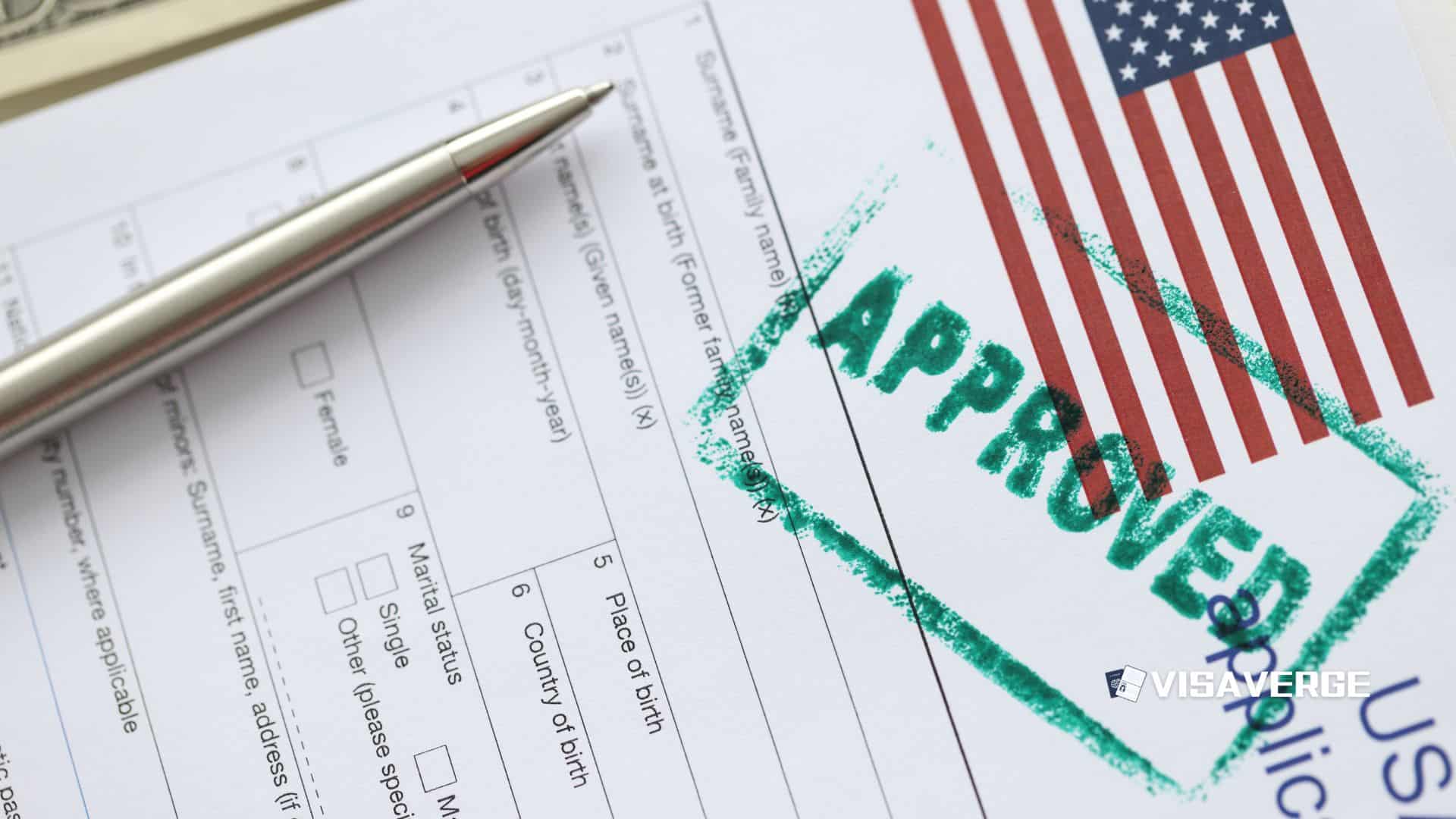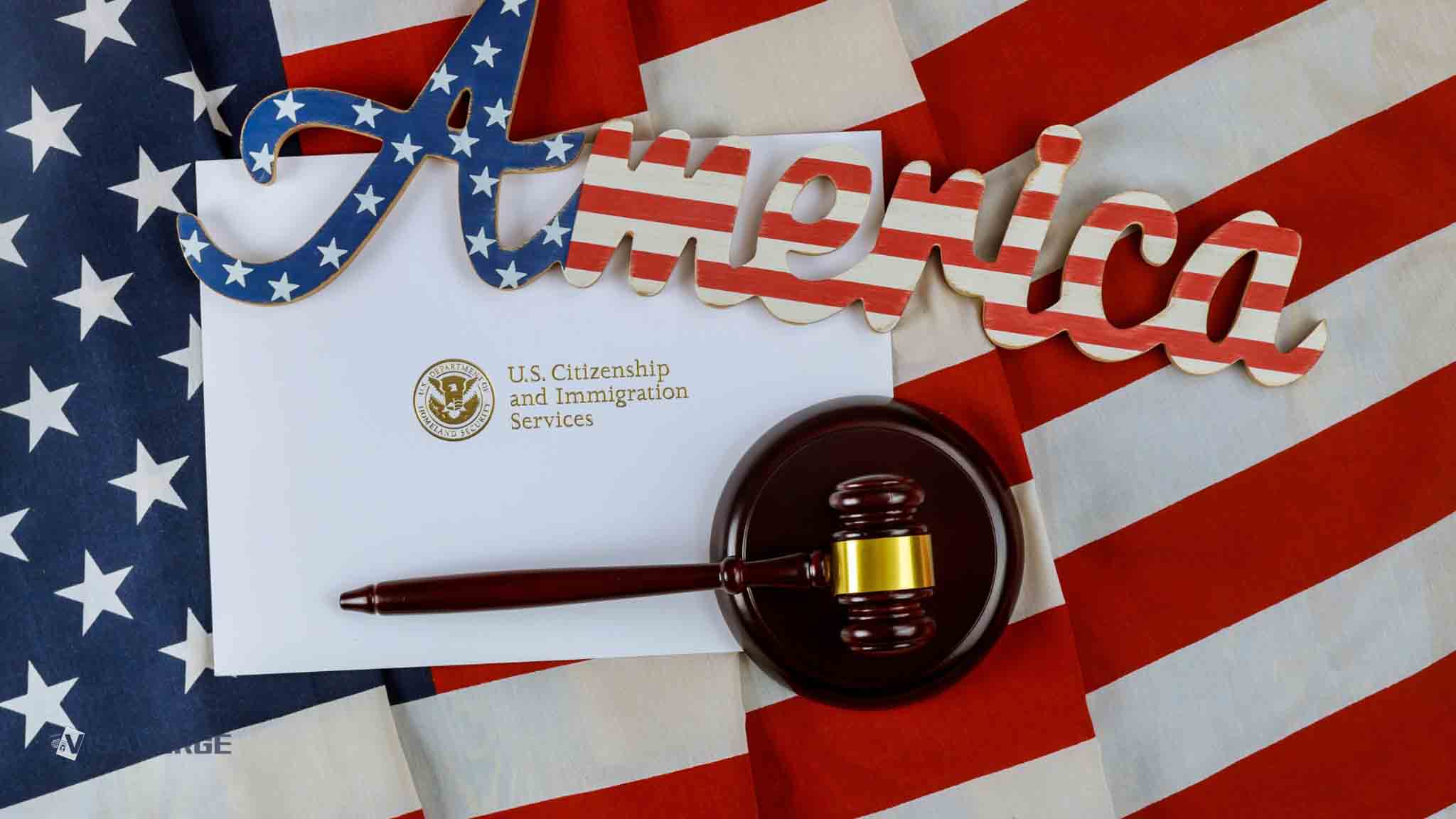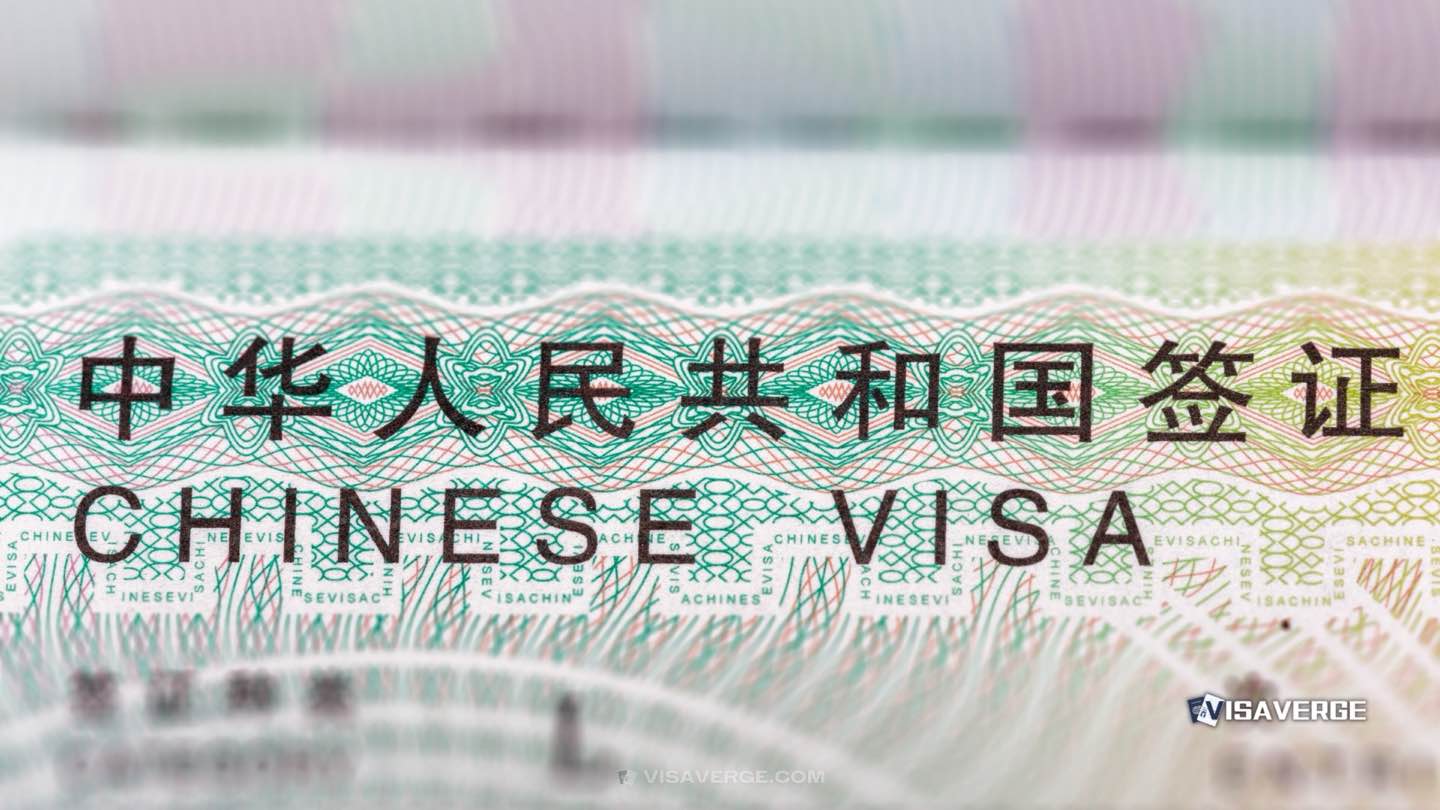Key Takeaways
• Melania Trump obtained an EB-1 visa in 2001 based on her modeling career and became a U.S. citizen in 2006.
• Critics question if her achievements meet EB-1 criteria; some call for her deportation amid fairness debates.
• EB-1 visa process is subjective, allowing legal interpretations and raising concerns of favoritism and inconsistency.
As of July 3, 2025, Melania Trump’s immigration journey is once again at the center of public debate in the United States 🇺🇸. Lawmakers, legal experts, and everyday Americans are asking tough questions about how she obtained her EB-1 visa—often called the “Einstein Visa”—and whether her path to citizenship followed the same rules that apply to everyone else. The controversy has grown so much that some are even calling for Melania Trump’s deportation, arguing that the same strict standards her husband, President Trump, promoted should apply to his own family.
This renewed attention comes at a time when immigration policy is a hot topic in the United States 🇺🇸. The story of Melania Trump’s EB-1 visa is not just about one person; it highlights bigger questions about fairness, consistency, and the way immigration laws are enforced.

What Is the EB-1 Visa and Why Is It Controversial?
The EB-1 visa is a special type of green card meant for people who have “extraordinary ability” in fields like science, art, education, business, or athletics. The U.S. government sets aside about 40,000 of these visas each year. The idea is to attract people who are at the very top of their fields—think Nobel Prize winners, Olympic athletes, or world-famous artists.
To qualify for an EB-1 visa, applicants must show clear proof of their achievements. This can include:
- Major international awards (like a Nobel Prize or Olympic medal)
- Published material about their work in major media
- Evidence of original contributions to their field
- Membership in associations that require outstanding achievement
The process is strict, but it also allows for some flexibility. Applicants can present a portfolio of their work, and immigration officers decide if it meets the “extraordinary ability” standard.
Melania Trump’s Path to the EB-1 Visa
Melania Trump, born in Slovenia, moved to the United States 🇺🇸 in 1996 to work as a model. In 2000, she applied for the EB-1 visa, and it was approved in 2001. She became a U.S. citizen in 2006. After that, she sponsored her parents for green cards, a process sometimes called “chain migration.”
The controversy centers on whether Melania Trump’s modeling career met the high bar set for the EB-1 visa. Critics argue that while she was a successful model, she did not win major international awards or reach the same level as others who have received this visa. Supporters say that her unique achievements in the modeling world and her international recognition could qualify as “extraordinary ability.”
Congressional Scrutiny and Public Debate
Recently, Democratic Representative Jasmine Crockett raised questions about how Melania Trump qualified for the EB-1 visa. She pointed out that the visa is usually reserved for people with achievements like Nobel Prizes or Olympic medals. Crockett and other critics say Melania’s modeling career, while notable, may not fit the original intent of the EB-1 program.
Congresswoman Maxine Waters also joined the discussion, suggesting that Melania Trump’s immigration status should be examined closely. Waters compared Melania’s situation to President Trump’s tough stance on birthright citizenship and undocumented immigrants. She argued that if strict rules apply to others, they should also apply to the former First Lady.
These comments have fueled a larger debate about fairness and consistency in the U.S. immigration system. Many people feel that the rules should be the same for everyone, no matter their fame or connections.
Petition for Deportation: Symbolic or Serious?
Adding to the controversy, a petition calling for Melania Trump’s deportation has gained attention online. The petition also targets her parents and son, Barron Trump. Supporters of the petition argue that if President Trump’s immigration policies were enforced equally, Melania and her family would not be exempt.
While legal experts say the petition is mostly symbolic and unlikely to result in actual deportation, it reflects public frustration. Many Americans are upset about what they see as double standards in immigration enforcement. The petition is a way for people to express their dissatisfaction with how the rules are applied.
The Subjectivity of the EB-1 Visa Process
One of the main reasons Melania Trump’s case is so controversial is the subjective nature of the EB-1 visa process. Unlike some other visas that have clear, measurable requirements, the EB-1 allows for a lot of interpretation. Applicants can present different types of evidence, and immigration officers have to decide if it adds up to “extraordinary ability.”
Legal experts say this flexibility can be both a strength and a weakness. On one hand, it allows people with unique talents to qualify, even if they don’t fit the usual mold. On the other hand, it can lead to inconsistent decisions and accusations of favoritism.
Some lawyers believe that Melania Trump’s successful application was helped by skilled legal guidance. Her team likely highlighted her international modeling work, magazine covers, and influence in the fashion industry. While these achievements are impressive, critics say they may not reach the level intended for the EB-1 visa.
Chain Migration and Policy Contradictions
Another point of debate is Melania Trump’s use of “chain migration” to sponsor her parents for green cards. President Trump has often spoken out against this policy, arguing that it allows too many people to immigrate based on family ties rather than merit.
However, after becoming a U.S. citizen in 2006, Melania Trump used the same process to bring her parents to the United States 🇺🇸. Critics say this is a clear contradiction between President Trump’s public statements and his family’s actions. Supporters argue that Melania simply used the legal options available to her, just like millions of other Americans.
This contradiction has become a talking point for lawmakers and activists who want to see more consistency in immigration policy. They argue that the rules should apply equally to everyone, regardless of their last name or political connections.
Legal and Political Reactions
Legal experts have weighed in on the controversy, offering different opinions on whether Melania Trump’s EB-1 visa was justified. Some say that the law allows for a broad interpretation of “extraordinary ability,” and that Melania’s modeling career could fit the criteria. Others argue that the visa was meant for people with more widely recognized achievements.
Political figures like Representative Crockett and Congresswoman Waters have used Melania’s case to highlight what they see as hypocrisy in President Trump’s immigration policies. They argue that if the former president wants strict enforcement for others, he should be willing to accept the same standards for his own family.
As reported by VisaVerge.com, these debates are likely to continue as long as immigration remains a top issue in the United States 🇺🇸. The case of Melania Trump’s EB-1 visa has become a symbol of larger questions about fairness, privilege, and the way immigration laws are enforced.
How the EB-1 Visa Process Works
For those interested in the details, here’s a simple breakdown of how the EB-1 visa process works:
- Eligibility: Applicants must show they have “extraordinary ability” in their field. This usually means they have won major awards or have a long record of achievements.
- Evidence: Applicants submit a portfolio of their work, including awards, media coverage, and letters from experts.
- Application: The main form used is Form I-140, Immigrant Petition for Alien Worker. This form is submitted to U.S. Citizenship and Immigration Services (USCIS).
- Review: USCIS officers review the application and decide if the evidence meets the standard for “extraordinary ability.”
- Approval: If approved, the applicant can apply for a green card and, eventually, U.S. citizenship.
The process can take several months or even years, depending on the applicant’s background and the workload at USCIS.
Implications for Immigrants, Families, and Employers
The controversy over Melania Trump’s EB-1 visa has real-world implications for many groups:
- Immigrants: Many people worry that the process is not fair and that famous or well-connected applicants get special treatment. This can make it harder for others to trust the system.
- Families: The debate over “chain migration” affects millions of families who want to reunite in the United States 🇺🇸. Melania Trump’s case shows how even legal family sponsorship can become a political issue.
- Employers: Companies that want to hire top talent from around the world depend on visas like the EB-1. Uncertainty about the rules can make it harder to plan for the future.
Looking Ahead: Possible Changes and Future Developments
As the debate continues, some lawmakers are calling for changes to the EB-1 visa process. They want clearer rules about what counts as “extraordinary ability” and more transparency in how decisions are made. Others argue that the system works well and that flexibility is important for attracting a wide range of talented people.
There is also talk of reviewing how family sponsorship works, especially in light of the ongoing debate over “chain migration.” Any changes to these policies could have a big impact on immigrants, families, and employers across the United States 🇺🇸.
Official Resources and Where to Learn More
If you want to learn more about the EB-1 visa or other immigration options, the best place to start is the official U.S. Citizenship and Immigration Services (USCIS) website. Here, you can find detailed information about eligibility, required forms, and the application process. For more on visa categories and requirements, visit the U.S. Department of State’s official visa page.
Key Takeaways and Practical Guidance
- The EB-1 visa is meant for people with extraordinary ability, but the process allows for some subjectivity.
- Melania Trump’s case has sparked debate about fairness, consistency, and the influence of fame or connections in immigration decisions.
- Petitions for deportation are mostly symbolic, but they show public frustration with how immigration laws are enforced.
- Family sponsorship, or “chain migration,” remains a controversial topic, especially when public figures use it while speaking out against it.
- Anyone interested in applying for an EB-1 visa should gather strong evidence of their achievements and consider seeking legal advice.
For those following the story, it’s clear that Melania Trump’s immigration journey is about more than just one person. It raises important questions about who gets to come to the United States 🇺🇸, how the rules are applied, and whether the system is truly fair for everyone.
As the debate continues, immigrants, families, and employers should stay informed about possible changes to visa policies. Checking official sources like USCIS and the Department of State will help you keep up with the latest developments and make the best choices for your own immigration journey.
Learn Today
EB-1 visa → A U.S. immigrant visa for individuals with extraordinary ability in science, arts, education, business, or athletics.
Chain migration → A process allowing U.S. citizens to sponsor family members for permanent residency based on family relationships.
Extraordinary ability → Exceptional skill in a field recognized through awards, media, or contributions, required for EB-1 visa eligibility.
USCIS → United States Citizenship and Immigration Services, the agency that processes immigration and naturalization applications.
Form I-140 → Immigrant Petition for Alien Worker, submitted to USCIS to request an EB-1 visa for qualified applicants.
This Article in a Nutshell
Melania Trump’s EB-1 visa sparks debate over immigration fairness. Critics question her eligibility and call for consistent visa standards, highlighting subjective interpretations within U.S. immigration laws and the impact of political influence on visa approvals.
— By VisaVerge.com













